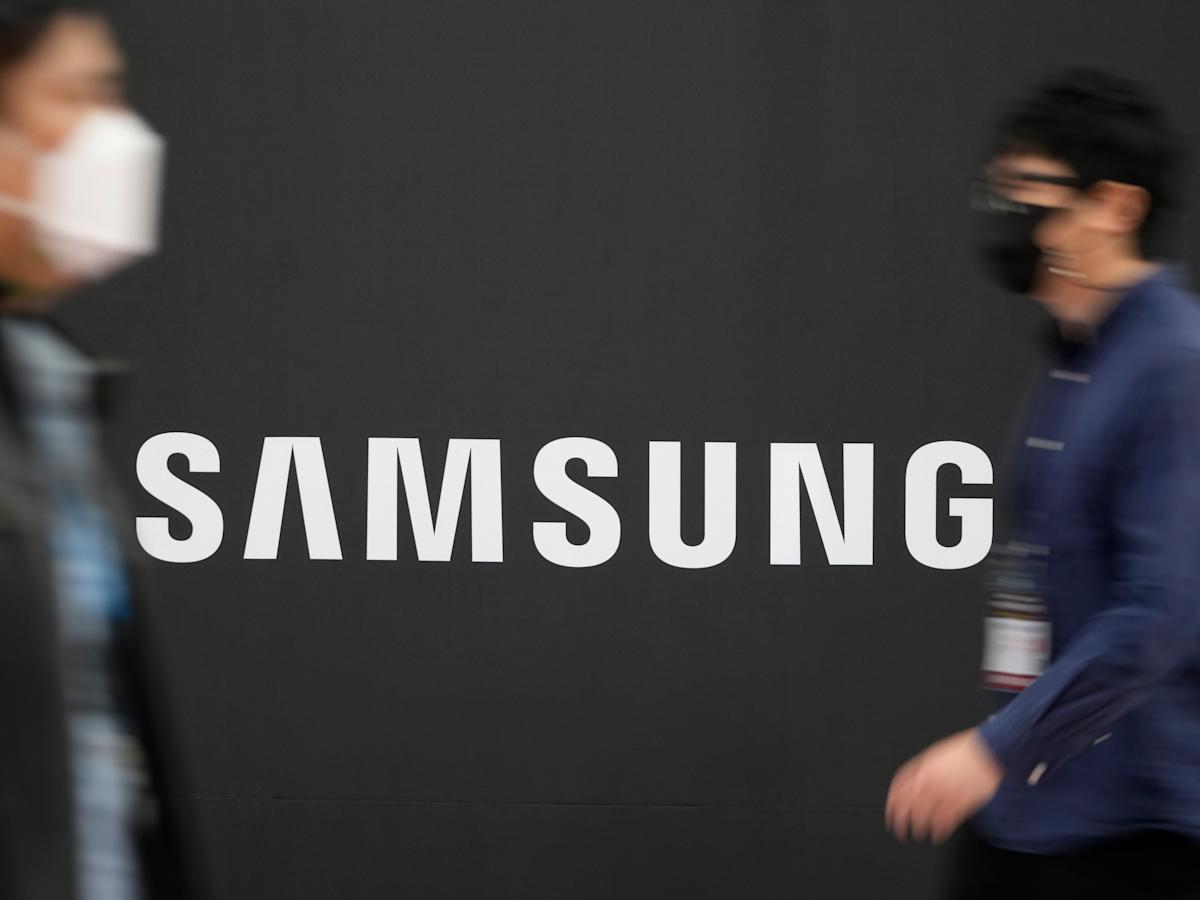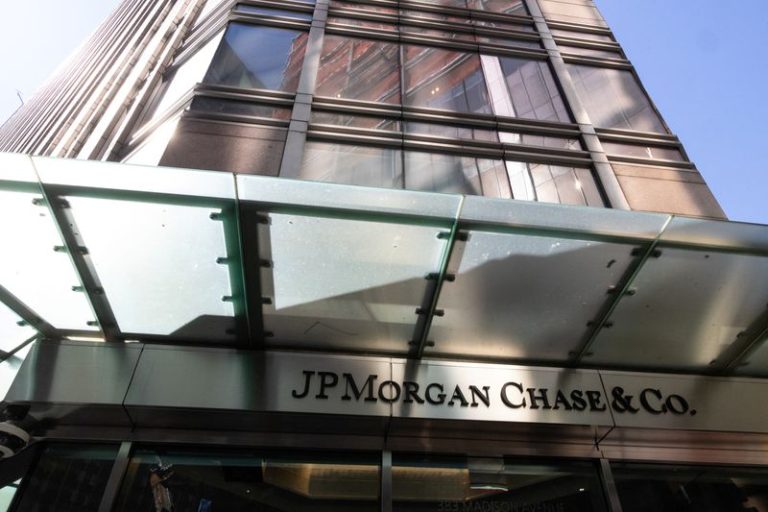-
Samsung Electronics projected a 56% drop in second-quarter profit on Tuesday.
-
US export curbs on AI chips and competition are hitting Samsung’s earnings.
-
Samsung faces competition from SK Hynix, Micron, and Chinese firms in the chip market.
Samsung Electronics reported a worse-than-expected earnings projection for the second quarter, worrying investors about the company’s ability to compete in the chip war.
On Tuesday, the South Korean memory chipmaker said it expected a 56% plunge in second-quarter profit compared with last year. The company estimated that its operating profit would be 4.6 trillion Korean won, or $3.37 billion.
Samsung attributed the profit miss to US export curbs on advanced AI chips to China. The company reports full second-quarter earnings on July 31.
Analysts have said that Samsung has been losing out to competitors because of factors other than the US export restrictions.
In a January note, HSBC analysts wrote that Samsung was one of the worst-performing IT stocks last year. The analysts said the company’s chips used for high-performance computing, called high-bandwidth memory, were struggling to catch up to competitors, and the company faced difficulty attracting new foundry customers.
Samsung has experienced delays in supplying Nvidia with HBM chips, which are crucial for AI applications. Samsung’s Korean rival — SK Hynix — and Micron now sell more HBM chips to Nvidia.
Chinese competitors, like ChangXin Memory Technologies and Huawei, are ramping up production of HBM chips and eating into Samsung’s market share. In the logic chip category, Samsung has fallen behind TSMC, another key supplier to Nvidia.
On Tuesday, Samsung’s shares rose 0.4% after the company said it plans to purchase 3.9 trillion won worth of its shares, part of a 10 trillion won buyback it announced in November.
Samsung’s stock is down over 30% in the past year.
US tariffs on South Korea also pose challenges for the struggling chipmaker.
“As macro uncertainties such as the change of a tariff policy continue to expand, demand volatility is expected to be quite high accordingly,” Jaejune Kim, an executive vice president, said on April’s earnings call.
On Monday, President Donald Trump posted a letter saying South Korean goods would be subject to a 25% tariff starting on August 1, in line with the level Trump announced on April 1.
South Korea had been hoping for an extension before the August 1 news. Before Trump posted the letter, South Korean President Lee Jae Myung said talks have been “very difficult.”







